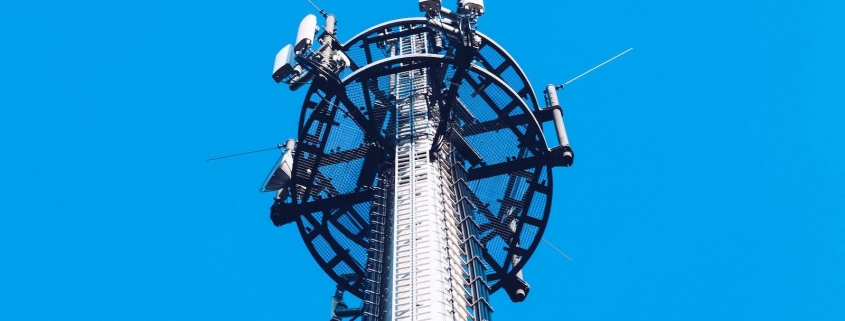What is 5G and why do some believe it is essential during these unprecedented times?
5G has a large task of “replacing one wireless architecture created this century with another one that aims to lower energy consumption and maintenance costs”. One of the key benefits is the faster download and upload speeds.
It is a wireless technology. Therefore, once all its components are operational no wire or cable is needed to deliver communications or entertainment services. This would mean for your mobile device or a fixed device.
There could be digital connectivity from the carrier network directly to the customer.
Why is it being introduced?
We are consuming more and more data. From social media to streaming services, there will be breakdowns in service when lots of people in one area access mobile services simultaneously.
How does it work?
The radio system uses the same airwaves as 4G but at around 30% better speeds.
Should your business invest in 5G?
“The fifth-generation cellular network technology has three main usages:
- Enhanced Mobile Broadband (eMBB) – standard consumer usage.
- Ultra-Reliable Low Latency Communications (URLLC) – used for mission-critical applications that require uninterrupted and robust data exchange.
- Massive Machine Type communications (mMTC) – connects a large number of low-power devices in a wide area.”
Therefore, staff will experience higher speeds and greater reliability from the network.
However, you will have to purchase a compatible smart phone.
A view of 5G in these unprecedented times
Rob Enderle for Tech Buzz mentioned that he has seen companies and schools try and often fail to pivot to remote work and education.
He believes 5G will help, and not just in terms of its increased bandwidth. He cites that 5G handles the bandwidth differently so that it performs well even on the networks edge. This will be useful over a wide geographic area.
Could 5G solve the rural connectivity gap?
With 5G devices, the millimeter wave – tech which provides a way for signals to move between buildings and around obstacles – will fare better than 4G. Rob argues this allow reliable, fast and secure internet.











Leave a Reply
Want to join the discussion?Feel free to contribute!